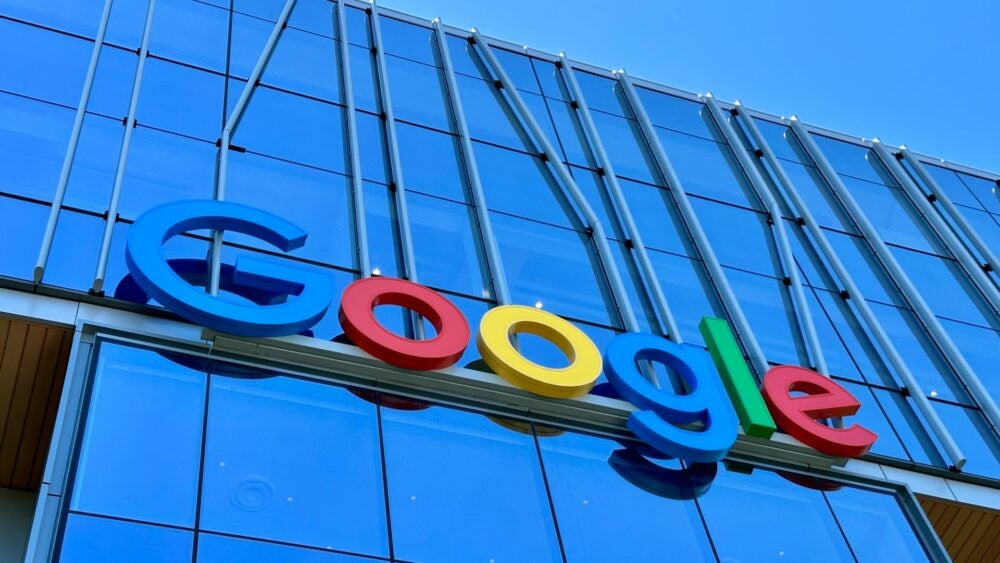Read KGI’s full public comment to the UK Competition and Markets Authority here.
Google’s dominance in online search has far-reaching consequences for how people access information, make decisions and participate in digital life. Enforcers and regulators around the world – from the United States and European Union to Japan and Australia – are investigating Google’s business practices and dominance in online search, with the United Kingdom (UK) now leading a major effort to address Google’s entrenched market position.
The UK Competition and Markets Authority (CMA) has taken a significant step by provisionally designating Google as having Strategic Market Status (SMS) in general search and search advertising. This designation acknowledges Google’s substantial market power and would enable the CMA to impose tailored obligations on Google to promote competition and fair business practices. This is one of the first actions brought by the CMA under the UK’s new Digital Markets, Competition, and Consumers Act (DMCCA), passed in 2024.
As the CMA reaches the final stages of its investigation into Google under the new competition law, the Knight-Georgetown Institute (KGI) is pleased to have had the opportunity to submit a response to the CMA’s public consultation on its provisional designation decision and roadmap for interventions.
Drawing on empirical research and lessons from enforcement activity in other jurisdictions, KGI’s response to the CMA offers evidence-based recommendations for improving the package of proposed interventions. While the CMA’s designation decision is accurate and grounded in a comprehensive market analysis, the specific interventions highlighted as priorities in the roadmap need to be strengthened to address key barriers to market entry.
A New System for Promoting Competition in Digital Markets
The UK has recently augmented its approach to policing digital competition with the passage of the DMCCA, introducing a forward-looking regulatory framework. Recognizing the tendency of digital markets to tip toward one dominant player – such as Google with online search – the DMCCA empowers the CMA to investigate such firms and designate these dominant companies as having Strategic Market Status (SMS). Once designated, these companies can be subject to Conduct Requirements (CRs) and Pro-Competitive Interventions (PCIs) – special measures intended to advance the goals of fair dealing, open choices, and trust and transparency and to address harms to competition.
This regulatory framework will empower the CMA to foster competition in fast-moving markets like online search by encouraging investment and innovation from the largest companies while ensuring fair treatment for consumers and a level playing-field for smaller market participants. The CMA must ensure that its interventions are proportionate and effective at addressing the competitive harms it identifies.
In its provisional decision to designate Google as having SMS, the CMA lays out a comprehensive analysis of online search and Google’s market position, including detailed evidence of Google’s monopoly power and barriers to entry that protect its position. The CMA also released a roadmap of interventions it will consider for Google, which are broken down into categories by level of priority. The highest priority CRs include choice screens for users, data portability, and publisher controls governing how Google uses content. However, the CMA’s roadmap notably postpones consideration of several interventions that are designed to be more effective at promoting competition.
A Comprehensive Market Analysis
The CMA has gathered strong evidence of Google’s market power. It accurately characterizes barriers to entry in search. Many interlocking market dynamics reinforce Google’s dominance, including network effects, advantages from data, the role of defaults, economies of scale and scope, brand strength, and barriers to monetization. The CMA’s analysis finds that:
- Google has received over 90% of the UK’s search queries since 2018, while its closest rival Bing received less than 5%.
- Google’s profit margin is abnormally high, exceeding 25% over the last four years across its businesses, with even higher returns from its search offerings.
- Potential sources of competition, such as specialized search providers (e.g., Booking.com) and social media, lack the same number of users as Google and serve different purposes for users, rendering them less attractive to advertisers.
Where the CMA’s Roadmap Falls Short
While the CMA’s conclusion that Google possesses SMS is appropriate, the proposed intervention strategy does not go far enough. The CMA’s roadmap describes how it will wait until the fall to consider interventions similar to antitrust remedies proposed by the United States government in its pending case against Google about its search monopoly. These interventions are more likely to be effective at addressing entry barriers than the ones currently under consideration and should receive greater priority.
Though the CMA’s analysis leaves the impression that online search is a digital market ripe for pro-competitive intervention, its espoused prioritization of interventions is insufficient to effectively tackle Google’s monopoly power, for example:
- Choice screens have been employed in many jurisdictions to promote competition in digital markets but have shown to be largely ineffective.
- Data portability will likely have limited benefits for search competition, as few companies build their businesses around imported data.
The CMA has many options for interventions that are likely to be more effective at ameliorating barriers to entry – yet the CMA has postponed consideration of these interventions due to ongoing US antitrust litigation in the US v. Google Search case. These include:
- Restricting Google’s payments for default status across the web.
- Requiring Google to share essential data for building search engines.
- Obliging Google to syndicate its search results and advertising.
While it is understandable that the CMA is closely following the outcome of the US Search Litigation, making its next steps contingent on the decisions of a US district court is problematic. Not only might the US antitrust remedies be geographically restricted to the US, there are crucial differences between US antitrust law and the CMA’s policy mandate under the DMCCA. Not prioritizing these interventions merely delays the timeline for UK users and businesses to benefit from the competition the DMCCA uniquely protects.
The Road Ahead
The CMA still has ample opportunity to adjust course, as it has announced that it will finalize its SMS designation and update its roadmap this fall. That timeline offers meaningful opportunities to adopt interventions that are both proportionate and effective and reflect the full scope of Google’s entrenched advantages. The CMA must prioritize interventions that directly address these barriers, particularly those aimed at opening up distribution channels and empowering competitors through data sharing and syndication.
KGI will continue to track developments in the UK and beyond, and share evidence-informed recommendations to bolster competition policy. As this first test of the DMCCA unfolds, the CMA’s choices will shape how tens of millions of people access information every day.



